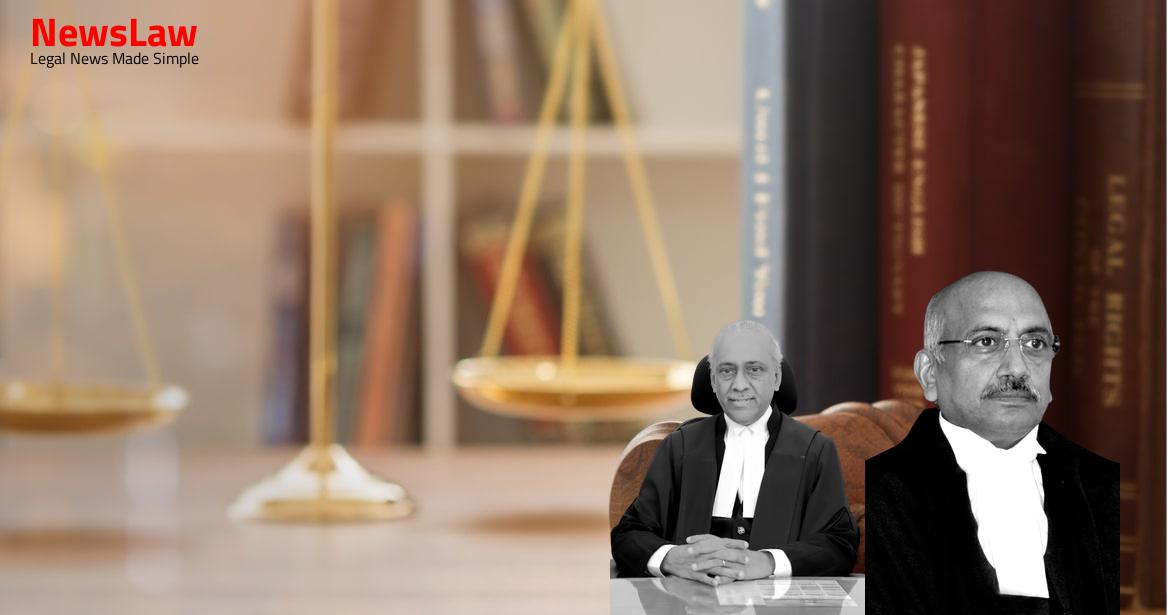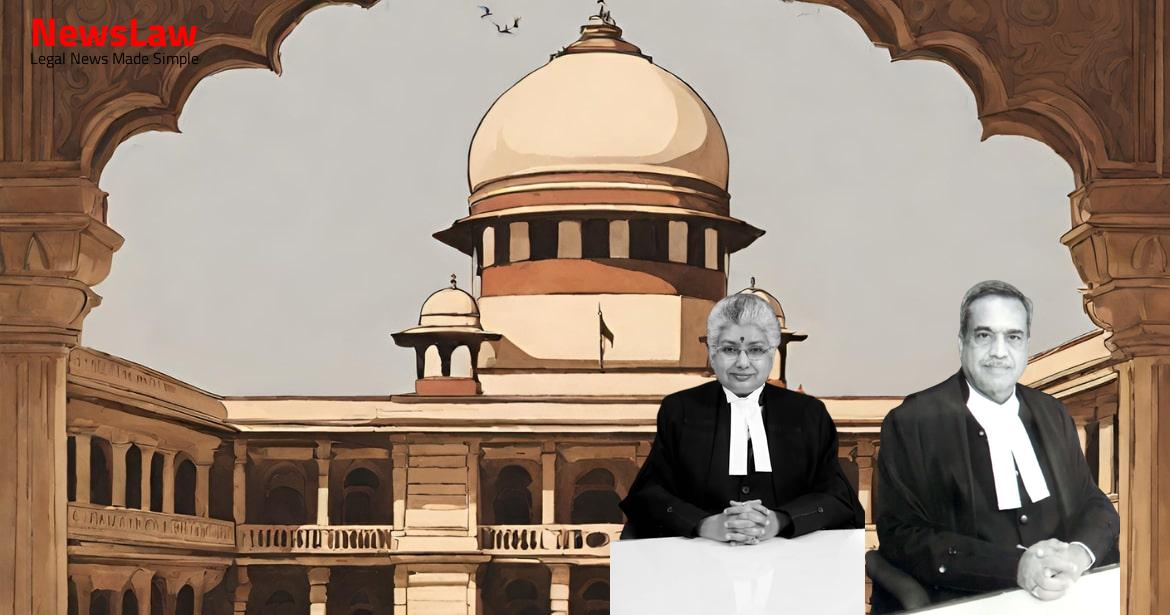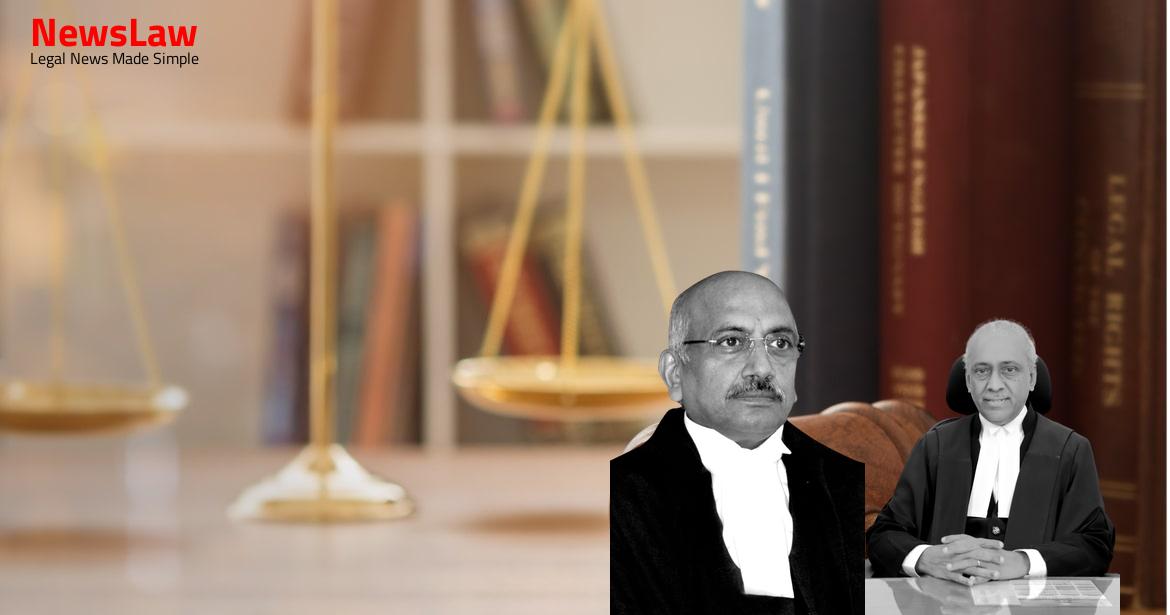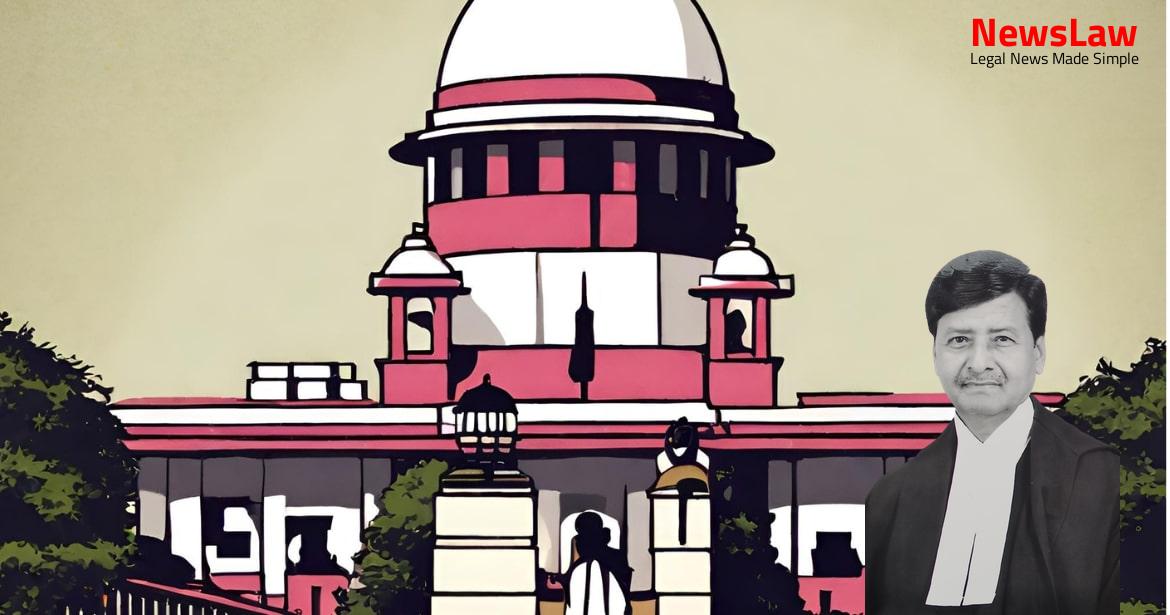Dive into the legal nuances of a recent medical negligence case where the court’s meticulous analysis played a crucial role. Discover the criteria required to establish medical negligence and understand the complexities of proving such cases in a legal setting.
Facts
- The grievance of the complainant against the appellants can be summarized under the following heads:
- (a) The Doctor had not examined the patient after surgery;
- (b) The patient was made to stand in queue for DSA test despite his critical condition whereafter the machine was found to be dysfunctional;
- (c) Angiography was performed after 8 hours of discovering that blood supply has stopped;
- (d) The Hospital delayed treatment by 12 hours as no operation theatre was available;
- (e) The Doctor did not attend the patient and left him in the care of inexperienced doctors;
- (f) Doctor failed to amputate legs on time on account of gangrene and did not try to treat the gangrene;
- (g) The reliance on the principle of res ipsa loquitor to support the finding that it is a case of medical negligence. Dr. Khadilkar suggested the same treatment to continue on 28.4.98.
Also Read: Analysis of High Court’s Decision on Registration Certificate and Onus of Proof in Sales Tax Case
Analysis
- The basis of finding the appellants negligent was res ipsa loquitor, but it would not be applicable based on the treatment record produced by the Hospital and/or the Doctor.
- The professional competence of the Doctor was not doubted by the Commission, but two factors were considered against him: delayed visits post-surgery and alleged negligence during overseas trips.
- Referral to the Doctor was based on urgent surgical repair advice by Dr. K.G. Deshpande, indicating trust in the Doctor’s vascular surgery expertise.
- Allegations included failure in post-surgery follow-up, delayed amputation decision, and Doctor’s foreign visits; these were found to lack legal and factual basis.
- The non-working DSA machine leading to delay was beyond human control, a technical issue addressed promptly considering the critical patient condition.
- Expectation of the Doctor’s constant presence is deemed unreasonable, as reasonable care was provided throughout the patient’s stay.
- Delay in post-surgery treatment allegation was baseless, as treatment actions were appropriate for the diagnosed condition.
- Presence and expertise of multiple specialist doctors, including post-graduates, ensured continuous and monitored care for the patient.
- Shortcomings in operation theatre availability cannot be grounds for negligence, especially with a specialized multi-faculty hospital setting.
- No evidence of medical negligence was proven by the complainant, as no deficiency in treatment was evident from the medical records.
- Multiple specialists from various fields were consulted, indicating a comprehensive approach to treatment even with the unfortunate outcome for the patient.
- Medical negligence is not proven by simple lack of care, error of judgment, or accidents.
- Sufficient care must be exercised by hospitals and doctors in all circumstances.
- Death due to medical negligence must be proven with sufficient material or medical evidence.
- Standard of care must evolve in line with interpretations by English and Indian Courts.
- Presumption of medical negligence should not be made on every patient death.
- Blaming doctors for patient mishaps can be unjust.
- Doctors cannot be held liable for negligence solely based on treatment outcomes.
- Instances of manhandling medical professionals, especially during the pandemic, have been on the rise.
- No doctor can guarantee life to a patient, only offer best treatment possible
- Hospital and Doctor were found not guilty of medical negligence
- Commission’s findings against Hospital and Doctor were deemed unsustainable
- Hospital and Doctor provided necessary care throughout
Also Read: Legal Analysis of Domestic Inquiry and Misconduct in Employment Case
Decision
- Present appeals allowed.
- Order passed by Commission set aside.
- Complaint dismissed.
- Interim order disbursed Rs. 5 lakhs to complainant on 8.3.2010.
- Rs. 5 lakhs to be treated as ex gratia payment to complainant and not to be recovered back by Hospital or Doctor.
Also Read: Land Compensation Dispute Legal Analysis
Case Title: BOMBAY HOSPITAL AND MEDICAL RESEARCH CENTRE Vs. ASHA JAISWAL . (2021 INSC 801)
Case Number: C.A. No.-001658-001658 / 2010



